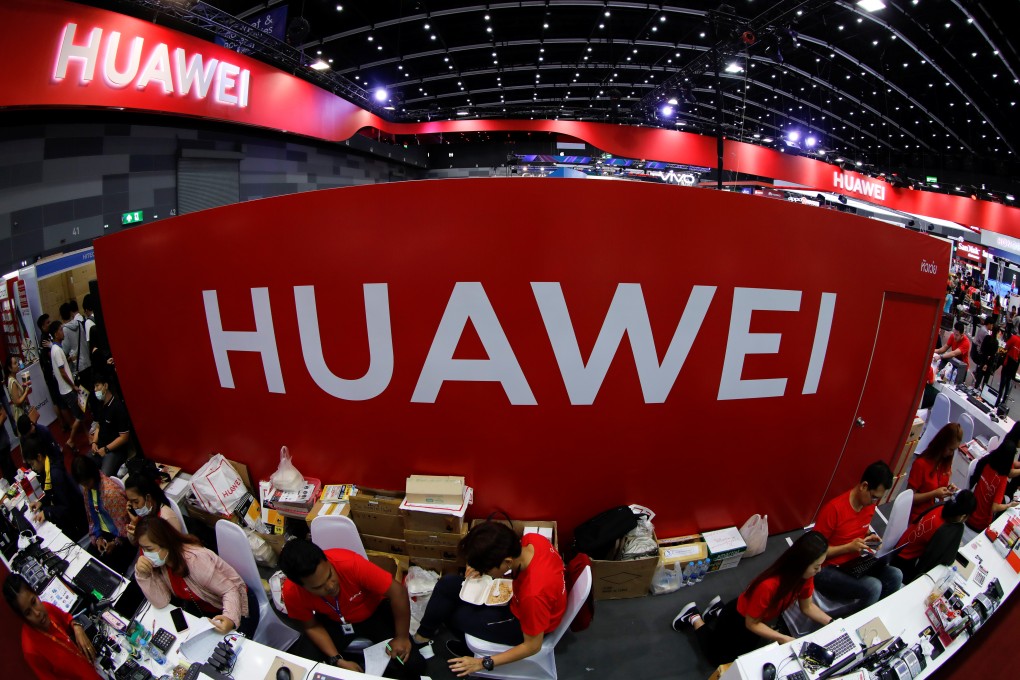Advertisement
Macroscope | Trade war? No, the US and China are vying for technological supremacy, and the markets are catching on
- The US implemented tariffs because it sees China as its long-term rival for technological supremacy. This not only means ongoing restrictions on companies like Huawei, but a stark global realignment
Reading Time:3 minutes
Why you can trust SCMP

With no sign of trade tensions easing, the markets appear to be hunkering down for a protracted conflict between the world’s two largest economies. After some initial resistance, the US equity markets have lost 6 to 8 per cent, while the Hang Seng Index has shed over 10 per cent since Donald Trump’s tweet in early May on raising tariffs on Chinese imports.
Sentiment has grown decidedly gloomier in the fixed income and foreign exchange markets, with US 10-year Treasury yields retesting the lows of 2017 and the renminbi breaking 6.90 per dollar in the offshore market.
These moves suggest that more investors have become pessimistic about the prospect of a grand solution to the dispute and are increasingly factoring in the impact of a prolonged trade war.
Advertisement
Adding to the market malaise, trade is no longer the only battleground where the two superpowers grapple for world dominance. Recent developments surrounding Huawei and other Chinese tech companies suggest the Sino-US trade conflict has broadened rapidly into other fields.
Fundamentally, the escalation in US-China tensions over technology is not surprising. I expressed the view, as early as last August, that the trade war disguised a deeper rivalry in technology and innovation between the world’s two pre-eminent powers as they fight for global leadership.
Remember that the US started the trade war based on its Section 301 investigation targeting China’s hi-tech industries. As a result, over half of the US$250 billion in goods currently subject to punitive tariffs have some hi-tech and high-end manufacturing elements to them, according to our research. Hence, the “trade war” is really a tech war in substance.
Advertisement
Select Voice
Choose your listening speed
Get through articles 2x faster
1.25x
250 WPM
Slow
Average
Fast
1.25x
